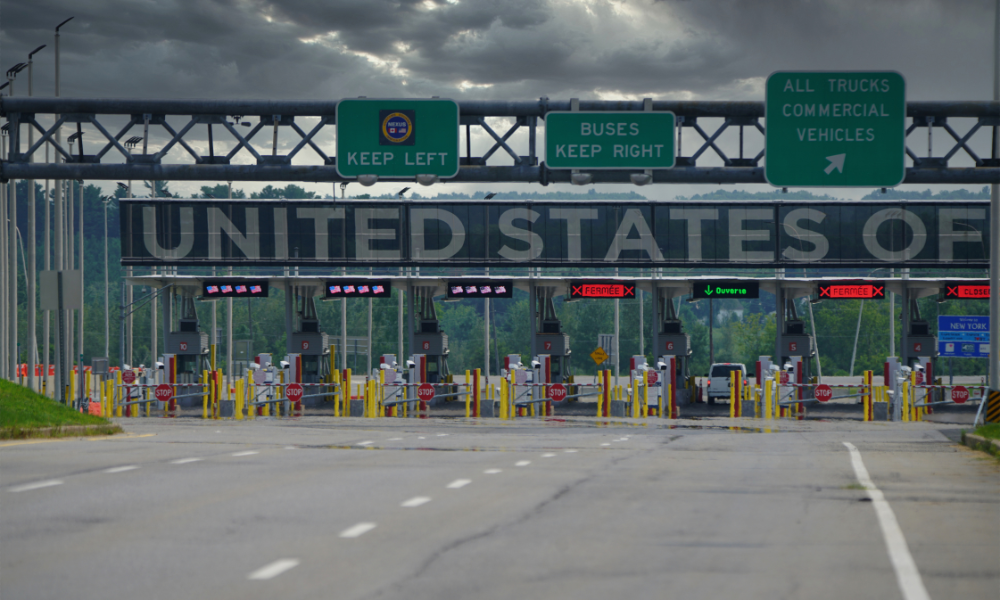Equifax Canada reports continuing challenges for the backbone of the economy

Canada’s businesses continue to juggle challenging economic conditions with the fragile state of their own finances, including high reliance on debt.
Equifax Canada’s latest Business Credit Trends Report reveals a surge in new installment loans originated in the first quarter of 2024, likely due to businesses preparing for the deadline to repay Canada Emergency Business Account (CEBA) balances or lose the forgivable portion.
It means an ongoing debt burden for thousands of businesses, estimated to be around 200,000 according to the Canadian Federation of Independent Business.
"Many of those businesses that had to borrow to repay their CEBA loans are facing high interest rates and will be challenged to meet their payment obligations," said Dan Kelly, CFIB president.
Equifax Canada’s head of commercial solutions, Jeff Brown, agrees that the situation exacerbates the debt burden for businesses, with the data showing more are struggling to keep up repayments on their borrowing.
"While it may feel like CEBA is moving into the rear-view mirror, it’s truly a matter of businesses turning to new installment loans to secure their financial stability," he said Jeff Brown. "Many businesses were focused on the forgiveness deadline and paying back debt to take advantage of this timeline. The increased reliance on these loans has also contributed to a notable rise in delinquencies, particularly in installment loans."
Outstanding balances owed by businesses to financial institutions hit a new high of $31.9 billion in Q1 2024 — a 7.4% increase from last year.
“The recent rate cut by the Bank of Canada offers hope that we could be on a trend towards lower rates if inflation remains in check,” said Brown. “Businesses may get some breathing room on debt payments, which could potentially free up resources for growth.”
Delinquencies rise
The Equifax stats reveal that higher interest rates between April 2022 and April 2024 have driven a rise in delinquencies, from 4.3% to 4.9%.
Industrial trades (credit accounts between businesses and suppliers) have seen an increase in 30+ day delinquencies from 10.1% in Q1 2023 to 12.2% in Q1 2024, and financial trades (between businesses and financial institutions) have seen a rise in 30+ day delinquencies during the same period, from 3.3% to 3.4%.
The rise in businesses missing payments to financial institutions is most prevalent for installment loans where 30+ day delinquencies rose from 2.4% in Q1 2023 to 2.7% in Q1 2024. For lines of credit, the rate rose from 3.3% to 3.7%.
Business credit card delinquencies remained low overall, but those that took out new credit cards in the last two years have been missing payments at a faster rate. For card issuers, Jeff Brown notes the risk in this regard.
“It is more important than ever to monitor newer accounts for early warning signs of financial stress as it might take some time to see their impact on portfolios,” he said.
Asset loan concerns
Equifax Canada has identified a significant rise in asset loan delinquencies, mostly in the retail and transportation sectors, with some of the highest rates of the last 20 years.
“The rise in missed payments strongly deviates from what would be expected and may be cause for long-term concern,” explained Brown. “The asset-based loans include equipment leases that traditionally have lower-than-average delinquency. This makes sense because if, for example, you're running a pizza restaurant, you don't go delinquent on the lease of your pizza oven or if you’re a trucking company you won’t want to go delinquent on your trucks either — because if you do, it's game over for your business.”



